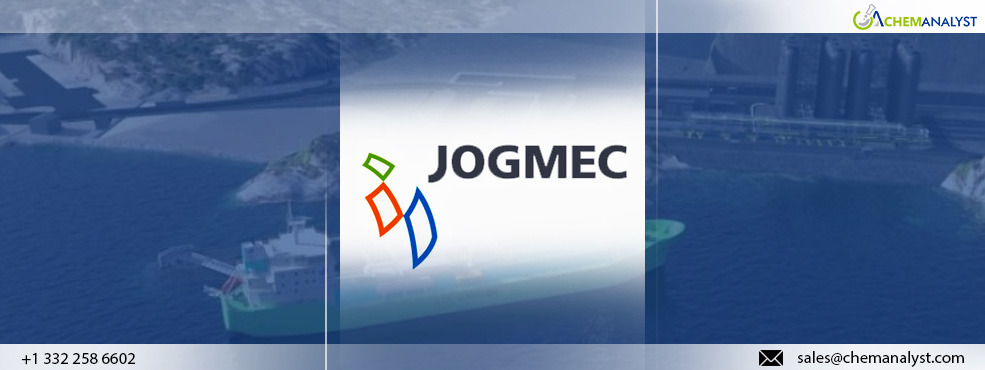Welcome To ChemAnalyst

In a significant step toward advancing carbon capture and storage (CCS) technologies, a consortium of major corporations has been commissioned to conduct a feasibility study focused on establishing an overseas CCS value chain. This initiative aims to address carbon dioxide (CO2) emissions from various industries in the Tokyo Bay area. The consortium includes prominent entities such as Mitsubishi Corporation, ENEOS Corporation, JX Nippon Oil & Gas Exploration Corporation, JFE Steel Corporation, Cosmo Oil Co., Ltd., Nippon Shokubai Co., Ltd., and PETRONAS CCS Solutions Sdn Bhd, a subsidiary of Malaysia's national oil company, Petroliam Nasional Berhad.
The Japan Organization for Metals and Energy Security (JOGMEC) has opened this call for the "Engineering Design Work for Advanced CCS Projects" as part of its fiscal year 2024 initiatives. The consortium’s collaboration stems from a memorandum of understanding (MOU) signed in March of this year, which set the groundwork for this ambitious project. Notably, three new members—JFE Steel Corporation, Cosmo Oil Co., Ltd., and Nippon Shokubai Co., Ltd.—have recently joined the study, indicating a growing commitment to this vital sustainability effort.
The feasibility study, referred to as “the Study,” will encompass several critical components. It will assess the design of facilities responsible for the separation and capture of CO2, as well as its liquefaction, transportation, and storage. Additionally, the study will provide comprehensive cost estimates, identify potential risks, and evaluate the feasibility of implementing CCS within the region’s social and industrial frameworks.
The scale of CO2 emissions targeted by this study is considerable. The region is expected to capture and store approximately 3 million tonnes of CO2 per year, with aspirations to increase this figure to around 6 million tonnes annually. This ambitious goal highlights the consortium's commitment to addressing climate change by significantly reducing greenhouse gas emissions. The seven participating companies are leveraging their combined expertise to develop a robust value chain for CCS and verify the technologies related to the project.
A crucial timeline has been established, aiming for a final investment decision (FID) by fiscal year 2026. This milestone is pivotal as it sets the stage for the actual implementation of CCS technologies. Following this, the consortium anticipates commencing CO2 storage operations by fiscal year 2030, which will represent a significant advancement in the region's environmental initiatives.
In summary, the collaboration among these industry leaders represents a proactive approach to combating climate change and promoting sustainable practices. By focusing on the establishment of a comprehensive CCS value chain, the consortium aims to pioneer new technologies that can effectively mitigate CO2 emissions. This initiative not only demonstrates Japan's commitment to environmental sustainability but also sets a precedent for similar efforts globally. Through innovative engineering and collaboration, the participating companies are positioning themselves at the forefront of the emerging CCS landscape, paving the way for a greener, more sustainable future.
We use cookies to deliver the best possible experience on our website. To learn more, visit our Privacy Policy. By continuing to use this site or by closing this box, you consent to our use of cookies. More info.
